Validation of a digital strategy with IIoT pilot projects
BRUGG Pipes

The initial situation
BRUGG Pipes’ digital strategy aims to leverage the full potential of optimizing production, storage and logistics processes. The basis for this is the collection of data from networked machines, sensors and storage locations. Two pilot projects should be carried out to implement this digital strategy with the following objectives:
- Functional: The pilot projects should implement real use cases and the results should be directly usable and beneficial.
- Technical: The result of the pilot projects should be a technical breakthrough that answers all key technical questions, from the collection of sensor data, its processing and transport to the cloud, through to visualization in dashboards.
- Strategic: The pilot projects are intended to draw conclusions and identify challenges that are important for the development of a future-proof and scalable system and data architecture and the necessary infrastructure.
- Methodological: The pilot projects serve to review the planned methodological approach, the core of which is, in particular, rapid and lean implementation.
Part of the digital strategy is the implementation of the Industry Internet of Things (IIoT), which focuses on the networking of various players – machines, sensors and people – and their interactions.
Approach
Based on this initial situation, BRUGG Pipes commissioned Novatec to carry out two pilot projects. The technical context consisted of answering the following questions:
- What is the relationship between indoor climate and quality in production during the foaming process with polyurethane?
- How do process values from production correlate with energy consumption and can conclusions be drawn on how to improve the production sequence?
In both cases, the aim is to collect and combine data that was previously inaccessible. In the example of polyurethane foam production, this was data from the PLCs of the systems – speed, temperatures, pressures – and climate data from the machine’s environment determined via LoRaWAN sensors – for example temperature, humidity, air pressure or CO₂ content.
The data collected on the store floor was transferred to a cloud-hosted backend via the Azure IoT Hub and enriched with additional contextual information. From there, the Azure Data Explorer was used to analyze the data in near real time and answer questions at any desired time.
Microsoft Power BI was used to create further reports on the correlated data and dashboards were built to visualize the data in the best possible way.
Results
The pilot projects were a complete success! The technical objectives were exceeded: Employees had real “aha” moments that led to further iterations and improvements of the original pilot projects. The unprecedented transparency convinced everyone involved and follow-up initiatives were launched.
On a technical level, the entire process was completed, starting with the collection of data using sensor technology,
data via the sensors, its transmission and context enrichment in the Azure IoT Hub, through to evaluations and interactive dashboards with Microsoft Power BI, and the viability of the solution was proven.
However, the greatest success lay in clarifying the strategic issues. The two pilot projects clearly showed the challenges to be expected on the way to implementing the digital strategy. This concerned not only the technical area, but also organizational issues in particular, such as identifying previously unclear responsibilities.
The experience gained in the pilot projects paves the way for future initiatives to be implemented much more quickly. In particular, they form the basis for drawing up a blueprint in which both the architecture and infrastructure are standardized.
The joint work on the project is also particularly noteworthy: the very pragmatic approach, the shared credo of “fail fast, learn fast” and the high level of expertise on both sides have led to a result that more than meets expectations.
New Business Development
New Business Development combines expertise in the areas of IoT, custom software development, methodology and strategy development. Together with our knowledge of the manufacturing industry, we help our customers to future-proof their business model and accompany them on their individual path to an outstanding digital offering.
The customer – BRUGG Pipes
BRUGG Pipes is a global specialist for flexible and rigid pipe systems. The company focuses on the production and distribution of pipe systems for the safe and efficient transportation of liquids, gases and heat. BRUGG Pipes is part of the BRUGG Group, a typical Swiss niche player and a pioneer in infrastructure solutions with over 1,900 employees at more than 50 locations.
Michael Starzynski is responsible for digital transformation in the Operations division and welcomes the exchange of expectations with other industrial companies that want to drive digitalization in their company: michael.starzynski@brugg.com





